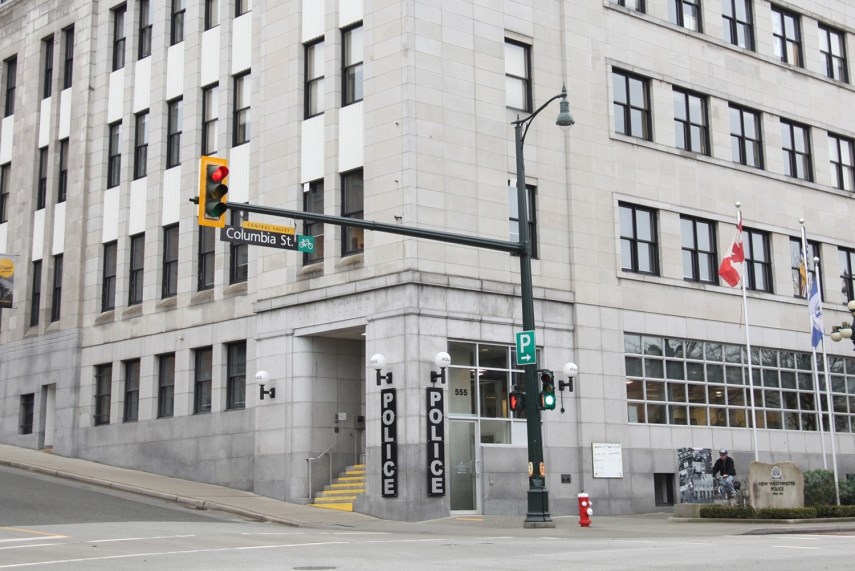To create better relationships with the city’s various communities, the New Westminster Police Department is piloting a neighbourhood liaison officer program.
The idea of liaison officers arose in police board meetings late last year and earlier this year, and in September’s police board meeting, Insp. Todd Matsumoto reported on how the department is looking to implement the positions.
The force will add five part-time liaison assignments to officers in the crime prevention unit, Matsumoto said, costing the department between $28,000 and $58,000.
The city’s 11 neighbourhood associations would be divided between the officers, on top of working full-time on patrol – Matsumoto said the liaison work, estimated at 10 to 20 hours per week, would be “extracurricular.”
That work would also free up the crime prevention unit’s co-ordinator, Matsumoto said. He noted that, with the assistant co-ordinator role unfilled for some time, the co-ordinator had found the advocacy and outreach part of her job was “watered down.”
Matsumoto also offered a second option, though the board voted for the liaison program. Under the second option, the force would have added a second constable to the crime prevention unit and divided the 11 residents’ associations between the two constables and the co-ordinator.
“But I think it would be much more of a challenge with just the three of them,” Matsumoto said. “And of course, where do we take that other police officer from? It’s going to leave another team short.”
He added that the liaison officer program, as devised, could “dovetail” into working on the calls for justice from the Missing and Murdered Indigenous Women and Girls Inquiry’s final report.
The funding would come out of the existing 2020 overtime budget, and it would be reviewed in a year to determine whether the program has generated any positive outcomes for the money being spent.
He said the review could include surveying the residents’ associations before and after the trial period to gauge how the associations feel about local policing and potential shifts in those opinions.
“We will look at it after a year’s time and decide if it’s worth going forward with it, enhancing it, increasing it, decreasing it, those types of decisions,” Matsumoto said. “If we do moveforward, there probably would be, at that point, a request to have some more stable funding to this, rather than trying to take this out of our existing overtime budget.”
Using the overtime budget, Matsumoto said, could be challenging if there were more major crimes than usual.
“That could eat a big portion of that overtime budget.”



